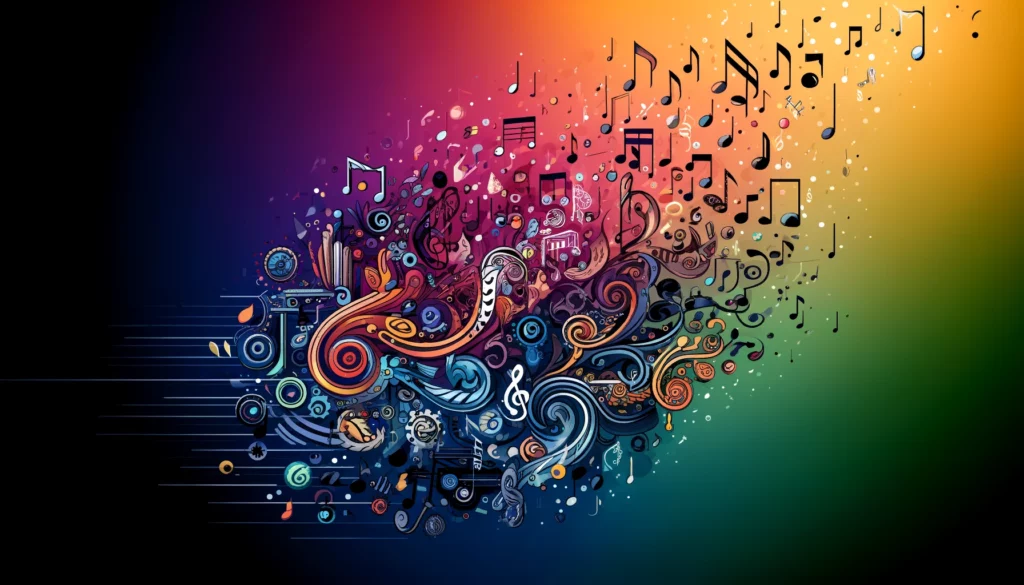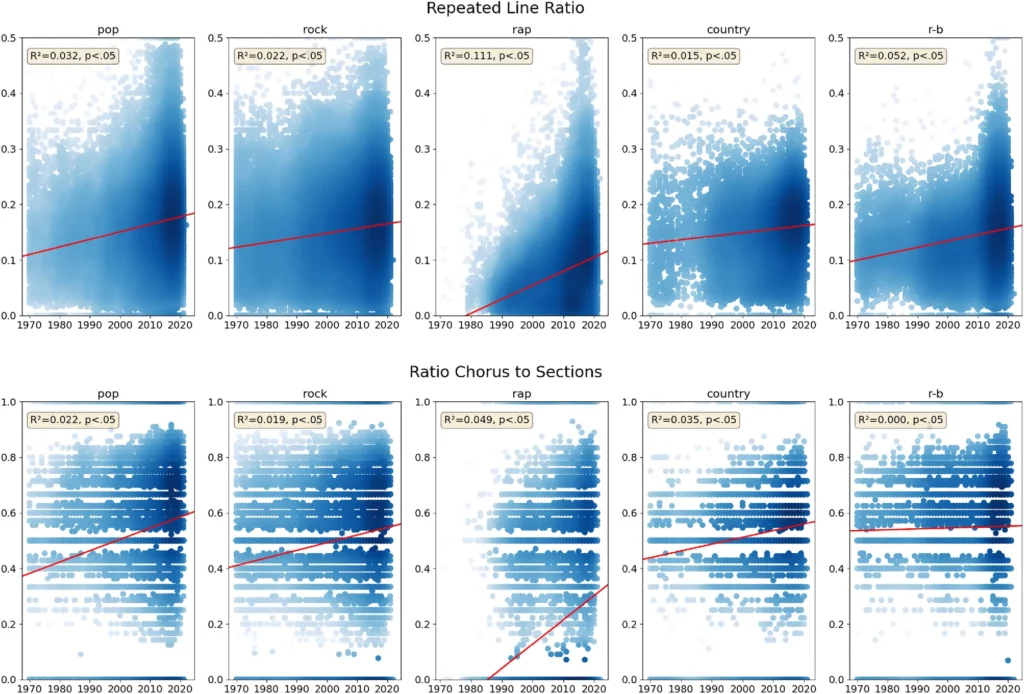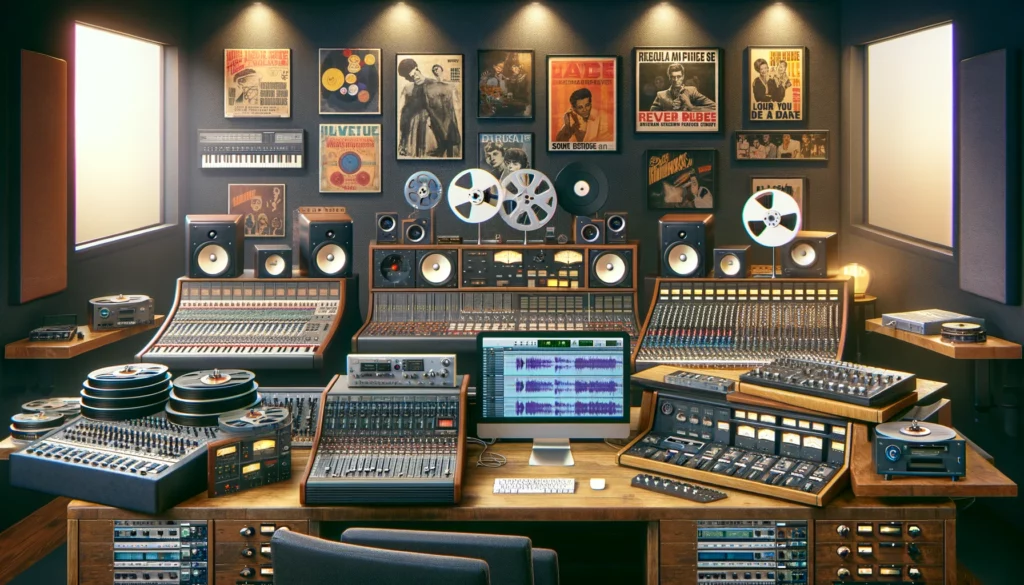It’s not just you — music really is changing and it’s not what it used to be. If you’re in the “music used to be more complex” camp, well, you might be on to something. According to a new study, lyrics are getting simpler and more self-centered, which the researchers argue reflects what’s going on in our society.

Music is an integral part of daily life. It influences our emotions, social interactions, and cultural identity. Lyrics, in particular, play a pivotal role in how we experience music, often reflecting and shaping societal norms and values. Increasingly, our society is regarding lyrics as a form of literary work. Just look at Bob Dylan’s Nobel Prize in literature, for instance. So, if literature is a mirror of our society — then so are lyrics.
Over the past fifty years, music lyrics have undergone significant changes, the new study shows. Notably, there has been a marked decrease in lexical and structural complexity, indicating a trend towards simpler and more repetitive lyrics. This is particularly prevalent in pop songs, but essentially, all genres are becoming simpler and more repetitive. Senior study author Eva Zangerle from the University of Innsbruck in Austria, says there’s not one particular artist that stands out, it’s the entire musical environment.
The emotional content of lyrics has also evolved. The study confirms a shift towards more negative emotions, with lyrics becoming increasingly personal. This change suggests a move towards more introspective and emotionally charged songwriting, reflecting broader trends in society’s openness towards emotional expression and vulnerability. Or, another way to look at it: lyrics have become more focused on the self.
Analyzing music
To reach this conclusion, the research team created a dataset of over 353,000 English (language) song lyrics from 1970 to 2020. Five genres were analyzed: rap, country, pop, R&B, and rock. These were found to be the most popular genres, and others (like jazz or classical music) were not included in the study. Scientists extracted lyrics and analyzed the lexical structure, as well as the rhyme, emotion, structure and complexity of lyrics. They also looked at how popular each song was and the number of listens and lyric reads.
Then, they looked at various indicators of lyrics complexity. Take for instance the “repeated line ratio” (a measure of how often a line is repeated) or the “chorus to sections” (how often the chorus is repeated). Both have been steadily increasingly. To put it simply, it’s more common for songs to repeat lyrics and choruses.


The study also looked at the relationship between the popularity of songs (measured in listening and lyrics view counts) and their lyrical content. The analysis reveals that, unlike listening counts, lyrics view counts significantly differ across genres and over time. This discrepancy suggests that listeners of some genres (like rock or rap) care more about lyrics than listeners of pop music.
The research also highlights some genre-specific trends in lyrical evolution and listener preferences. For instance, rock fans tend to favor lyrics from older songs, while country music enthusiasts show a greater interest in the lyrics of newer tracks. This variance points to the different listening habits of listeners of different genres.
The landscape is changing


The results are consistent with previous findings that show a simplification and a decrease in positive, joyful lyrics. But it’s not entirely fair to dismiss all of this as a simplifcation by musical artists.
If you consider the whole musical landscape over the past 50 years, we went from vinyl to cassettes to CDs. Then experienced a surprising resurgence of vinyl, and finally, of course, the current model of algorithm-driven streaming. We listen to a lot more music than we used to, and we listen to it very differently than we used to. This shift in how music is distributed and consumed has profound implications for songwriting, production, and listener engagement, influencing not just the business of music but also its creative aspects.
Furthermore, the sample size is restricted to English lyrics in Western popular music. The dataset is US-centered, limiting its scope and applicability to global music trends. This focus excludes non-English music and lyrics, which could offer additional insights into global lyrical trends and cultural nuances in songwriting. The genre and subgenre classifications used in the study, may also suffer from inconsistencies and subjective classifications, impacting the analysis of genre-specific trends.
Ultimately, as lyrics become simpler and more emotionally charged, they reflect a society increasingly focused on personal expression and emotional connectivity — as well as a society on the run, when things have to be fast. Simpler lyrics that are repeated more often are more likely to become catchy. This evolution of song lyrics mirrors and reflects the times, offering a snapshot of the cultural, social, and emotional currents that shape our world.
The study was published in Nature.
Thanks for your feedback!

